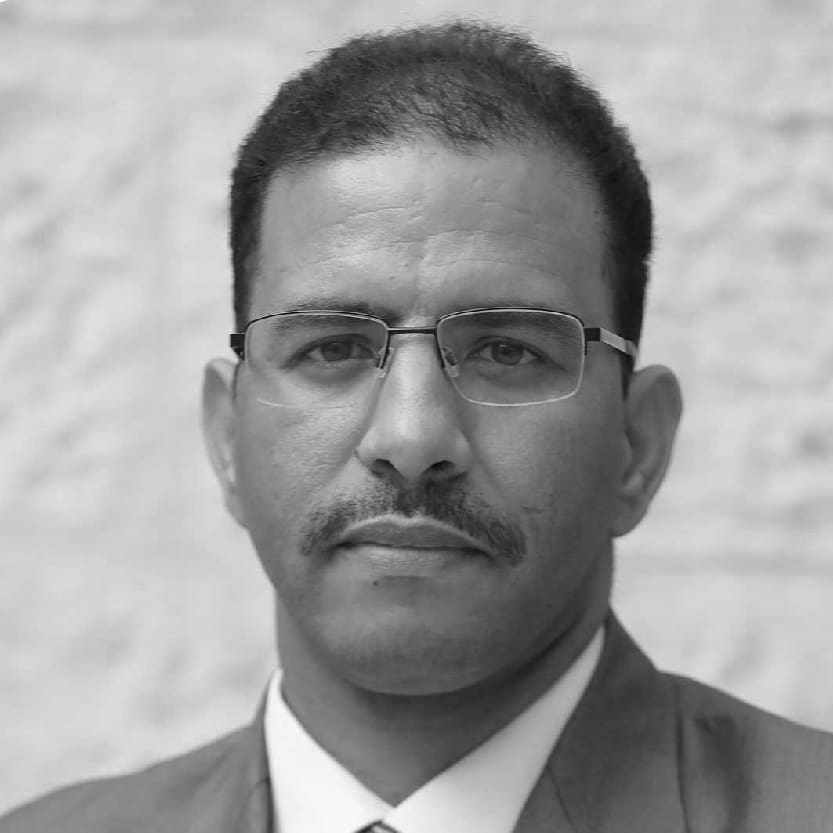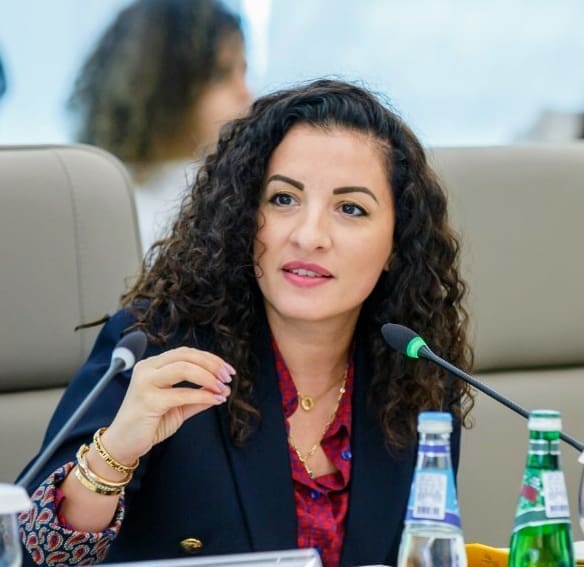Yemen's Scorching Summer:
Strategic Crossroads for the US, Iran, and the Region
May 28, 2025
Summary
Amid intensifying regional rivalries and shifting global power dynamics, Yemen has reemerged as a major fault line in the Middle East’s evolving geopolitical landscape. No longer an isolated civil war, the conflict now mirrors broader patterns of instability, shaped by the war on Gaza, rising maritime threats in the Red Sea, and the recalibration of US-Iran nuclear diplomacy. The recent US-Houthi ceasefire, brokered by Oman, highlights the strategic stakes of maritime security in one of the world’s most vital shipping corridors. At the same time, Israeli-Houthi hostilities and renewed military mobilizations threaten to unravel fragile diplomatic efforts. With Yemen caught up in the mix of proxy rivalries, great power competition, and deeply rooted internal divisions, the conflict stands at a precarious crossroads.
In this context, the Middle East Council on Global Affairs (ME Council) is convening a panel of experts to examine the evolving military and political dynamics in Yemen within a broader geopolitical context. Panelists will discuss key questions, including: What does the US-Houthi ceasefire mean for Red Sea security and international maritime protocols? How might US-Iran nuclear negotiations shape the behavior of regional proxies, particularly in Yemen? Could Israeli escalation against the Houthis risk igniting a broader regional conflict? As government-aligned forces prepare for renewed offensives, what are the prospects for military de-escalation? How will these developments affect Yemen’s long-term political path, and what role can regional players have in averting further decline?
Speakers

Eleonora Ardemagni
Senior Associate Research Fellow at the Italian Institute for International Political Studies (ISPI)

Ahmed Nagi
Senior Analyst, International Crisis Group


